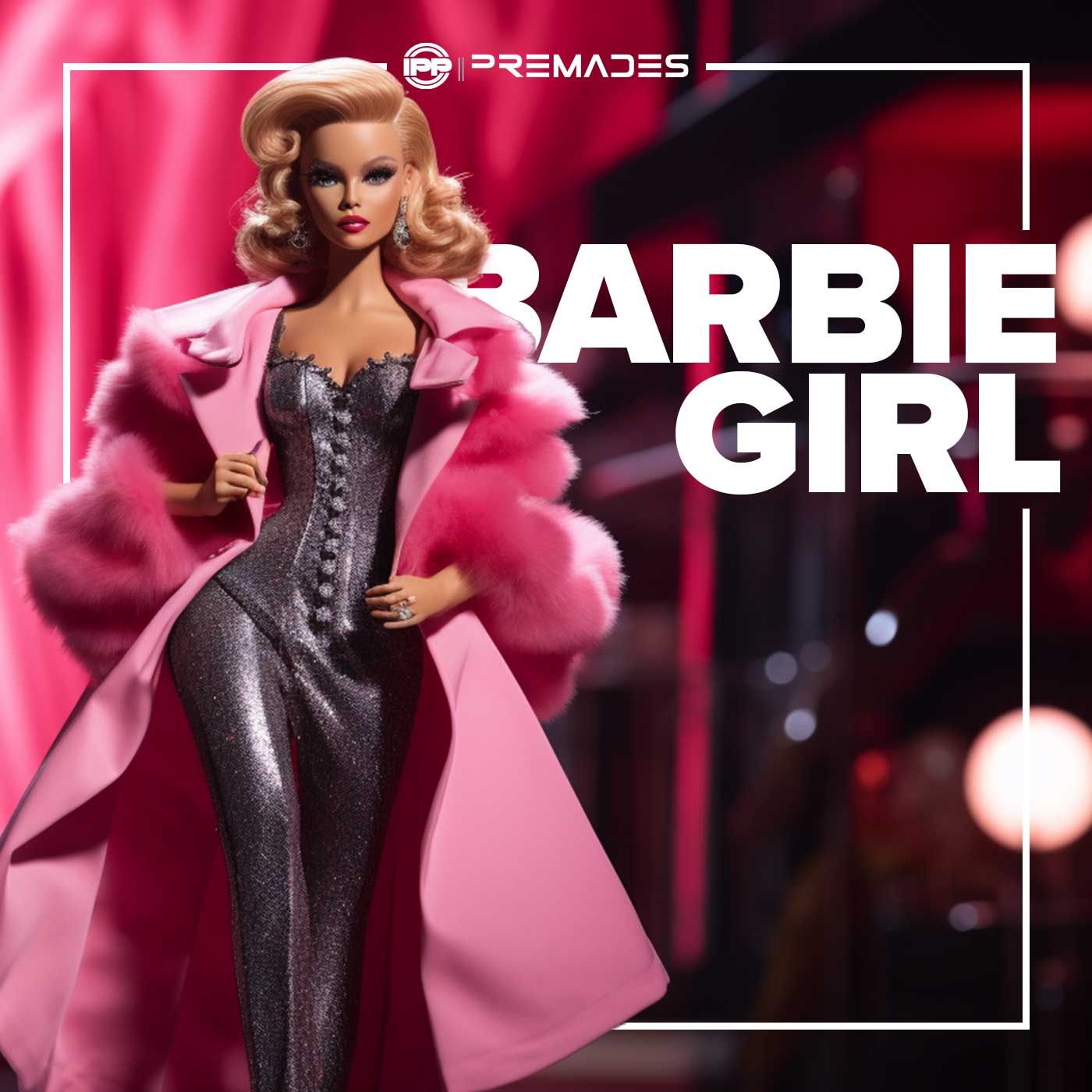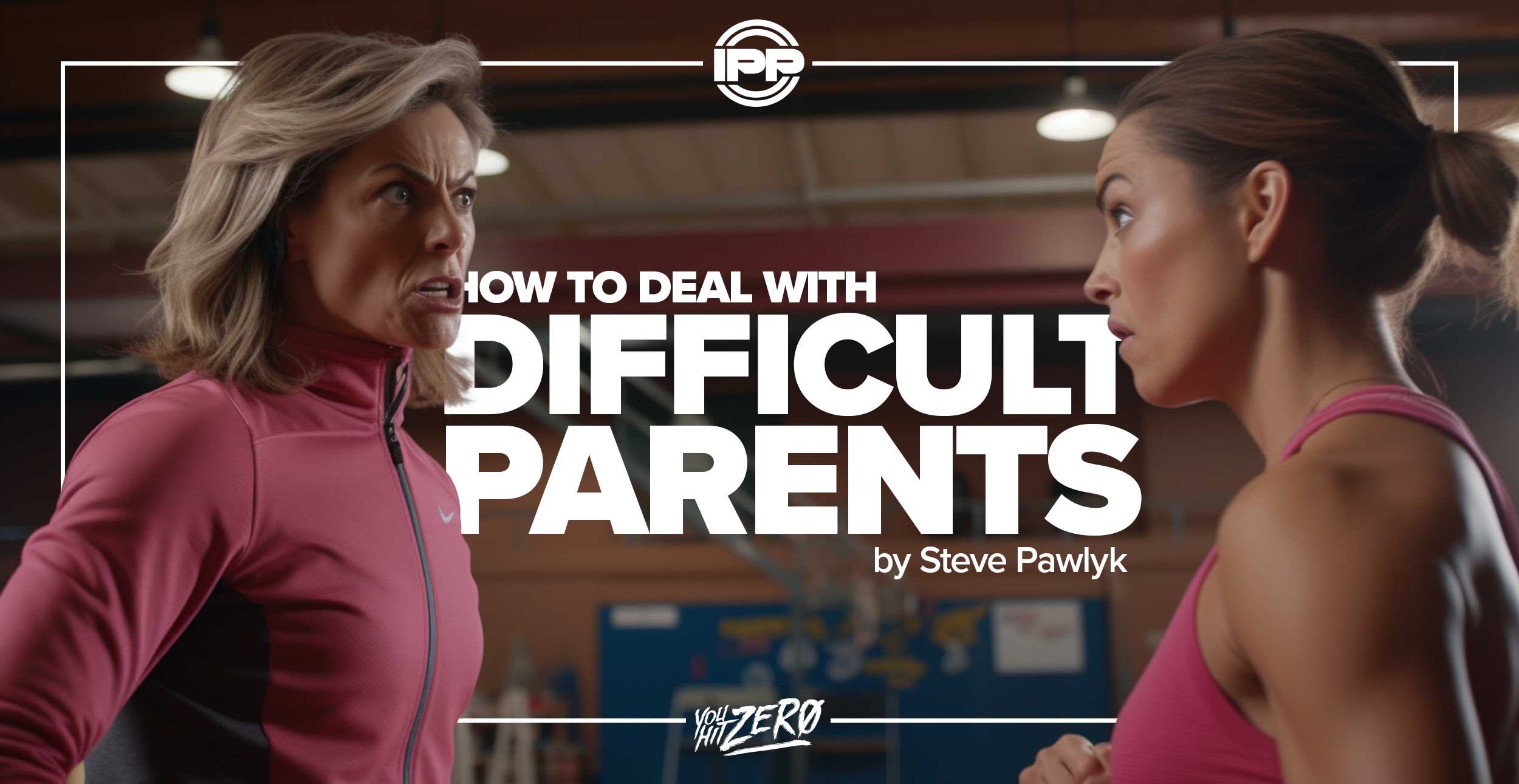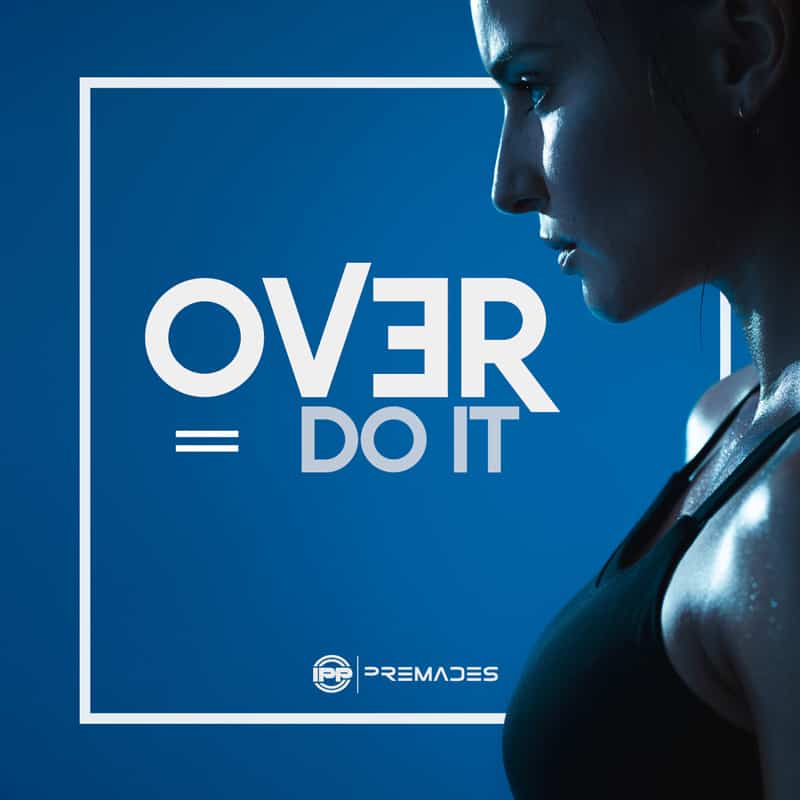By Steve Pawlyk
Published September 21, 2023
Coaches often have to juggle more than just routines, athletes, and competitions. One of the most challenging aspects can be dealing with difficult parents. Whether they’re over-involved, overly critical, or simply not supportive, difficult parents can create stress and obstacles for any cheer coach. In this comprehensive guide, we’ll explore effective strategies for managing and improving your relationship with challenging parents, ensuring a smoother and more fulfilling coaching experience for everyone involved.
Understanding the Types of Difficult Parents
Before tackling the issue, it’s essential to understand the different types of difficult parents you might encounter.

The Overzealous Parent
The Overzealous Parent is a fixture at cheerleading practices, events, and even social gatherings related to the team. They are highly invested in their child’s cheer career, sometimes to the point where it seems like they’re reliving their own athletic aspirations through their kids. This type of parent is often well-meaning but can become a distraction or even a source of stress for you or your athletes. They might scrutinize your coaching techniques, question your decisions, and even offer unsolicited advice on how to run practices or routines.
Potential Issues
- Micromanagement: Overzealous parents may try to dictate how practices should be conducted or criticize your coaching methods.
- Undermining Authority: Their constant presence and vocal opinions can undermine your authority as a coach, causing confusion among the athletes.
- Creating Unnecessary Pressure: Their high expectations can translate into undue pressure on their child and, by extension, the whole team.
How to Deal with the Overzealous Parent
Handling an Overzealous Parent requires a delicate balance of assertiveness, diplomacy, and professionalism. Here’s how:
1. Set Clear Boundaries Early On
During your initial parent meeting, make it clear what your role is as a coach and what you expect from parents. You might say something like, “While we appreciate your enthusiasm and support, it’s crucial to remember that during practices and events, I am responsible for coaching the athletes.”
2. Maintain Professionalism
Always maintain a professional demeanor when interacting with these parents. If they offer unsolicited advice during a practice, politely thank them for their input and say, “I appreciate your perspective. I have a specific plan for the team, and it’s important that we stick to it to ensure everyone’s success.”
3. Private Conversations
If the parent continues to overstep, consider pulling them aside for a private conversation. Be honest but tactful, explaining that while you appreciate their interest and passion, their behavior is becoming disruptive. You might say, “I understand you have your child’s best interest at heart, but it’s important for me to be able to coach the team without outside interference.”
4. Enforce Rules Consistently
If the behavior continues, you may need to enforce stricter boundaries, like limiting parental observation during practices or asking them to refrain from approaching you during practice hours.
5. Seek Support from Program Administration
In extreme cases, it may be necessary to involve higher-ups like the athletic director or program coordinator. Having a neutral third party can sometimes help mediate the situation and bring about a resolution.
While the Overzealous Parent may pose challenges, remember that their passion comes from a place of wanting the best for their child. By setting clear boundaries, maintaining professionalism, and fostering open communication, you can turn this potentially difficult relationship into a more manageable, and even constructive, one.
The Critic
The Critic is a type of parent who seems to find fault in almost everything—from your coaching methods to the team’s performance, and sometimes even the cheerleading program as a whole. While criticism can sometimes be constructive, these parents often present their opinions in a way that can be demoralizing or disruptive. They might openly question your decisions, compare your coaching unfavorably to others, or make their criticisms known to other parents or even the athletes themselves.
Potential Issues
- Eroding Confidence: The constant criticism can undermine your authority and erode the confidence of both you and your athletes.
- Disrupting Team Dynamics: If not managed carefully, their negative comments can create a toxic environment, affecting the team’s morale and cohesiveness.
- Miscommunication: Critics often base their judgments on their own perceptions, which might be uninformed or biased, leading to misunderstandings and conflicts.
How to Deal with The Critic
Managing a parent who is a Critic requires a thick skin, diplomacy, and a focus on constructive dialogue. Here’s how:
1. Don’t Take It Personally
The first step in dealing with a Critic is to understand that the criticism is often not about you. It may stem from the parent’s own insecurities, past experiences, or high expectations for their child. Take their comments as feedback, not as an attack on your competence.
2. Acknowledge and Redirect
When faced with criticism, acknowledge the parent’s concerns without agreeing or disagreeing. You might say, “I understand you have concerns about [specific issue]. I’m committed to doing what’s best for all the athletes on the team.”

3. Keep the Focus on the Athletes
Remind the parent that your primary concern is the development and well-being of all the athletes on the team. Emphasize that you have a strategy and plan in place aimed at achieving this.
4. Seek to Understand
Sometimes criticism arises from misunderstandings or lack of information. Ask the parent to elaborate on their concerns and provide your perspective to clear up any misconceptions.
5. Set Boundaries for Feedback
Establish a formal channel and appropriate times for parents to provide feedback, like scheduled meetings or designated office hours. This helps prevent disruptive confrontations during practices or events.
6. Consult with Other Coaches or Administration
If the criticism becomes excessive or starts affecting your ability to coach, it may be helpful to consult with other coaches or higher-ups in your program. They can offer additional perspectives and may even mediate if necessary.
In Summary
While dealing with a Critic can be challenging, it’s important to remember that their criticisms often come from a place of wanting their child to succeed. By maintaining professionalism, acknowledging their concerns, and setting appropriate boundaries, you can manage these difficult interactions more effectively. Ultimately, open communication and a focus on the athletes’ well-being can often diffuse tension and lead to a more constructive relationship with even the most critical of parents.

The Uninvolved Parent
The Uninvolved Parent is generally passive in their approach to their child’s cheerleading journey. They fulfill the basic responsibilities like paying for classes and providing transportation to events, but their engagement usually stops there. They are rarely seen at practices, seldom volunteer for team activities, and may not show much interest in the team’s progress or their child’s development in the sport.
Potential Issues
- Lack of Support: The absence of parental involvement can sometimes translate into a lack of emotional or moral support for the athlete.
- Missed Opportunities: These parents are often unaware of the full range of experiences and benefits that active involvement in cheerleading can offer to both them and their children.
- Limited Communication: Their limited involvement can make it difficult to keep them informed about important updates, leading to misunderstandings or missed commitments.
How to Deal with The Uninvolved Parent
Engaging an Uninvolved Parent can be a subtle art that requires persistence, tact, and a focus on highlighting the positive impacts of greater involvement. Here’s how:
1. Open Channels of Communication
Take the initiative to keep these parents informed. Regularly send out newsletters or updates that highlight not just team achievements but also individual accomplishments, including those of their child.
2. Personalize the Engagement
Whenever possible, provide personalized updates on their child’s progress. This could be through periodic one-on-one meetings or even simple notes that point out improvements, milestones reached, or commendable efforts during practices or competitions.
3. Offer Inclusive Opportunities
Create opportunities for all parents to be part of the team’s activities, even if in small ways. This could be as simple as inviting them to a team celebration or asking for volunteers for less demanding tasks.
4. Highlight the Benefits
Sometimes parents are uninvolved because they are unaware of the benefits of active participation. Make it a point to share stories or testimonials from other parents who have found great value in becoming more involved in their child’s cheerleading experience.
5. Be Patient and Consistent
Change rarely happens overnight. Continue your efforts to involve them and recognize any steps, however small, they take toward becoming more engaged.
6. Assess and Adapt
Keep track of your engagement efforts and their outcomes. If you find that certain strategies are more effective than others, adapt your approach accordingly.
In Summary
While it may be challenging to engage an Uninvolved Parent, it’s worth the effort for the sake of the athlete and the team as a whole. Through consistent communication, personalized engagement, and a bit of patience, you can help them become more active participants in their child’s cheerleading journey. In doing so, you not only enhance the experience for their child but also contribute to a more cohesive and supportive team environment.
Dealing with difficult parents is a challenge that almost every cheer coach will face at some point. By understanding the types of difficult parents, setting boundaries, communicating effectively, and employing conflict resolution strategies, you can create a more harmonious and successful cheerleading program.
IPP's Premade Mixes are USA Cheer Compliant and customizable! Add Sound FX, swap songs, & more! Add your Team Name to the mix for only $10!







